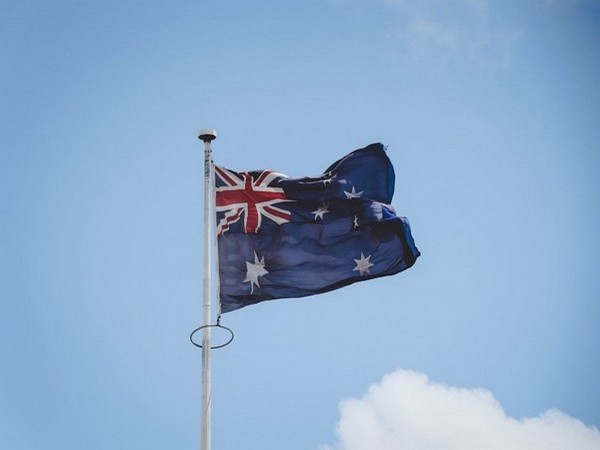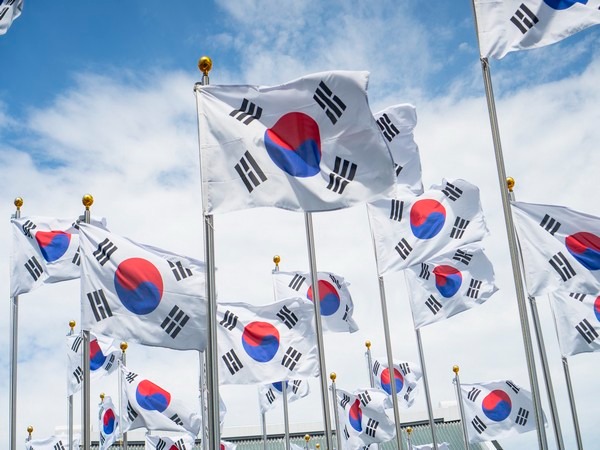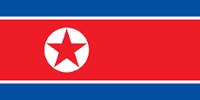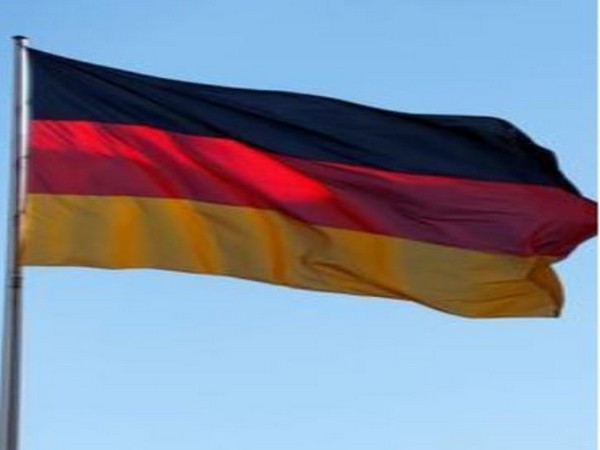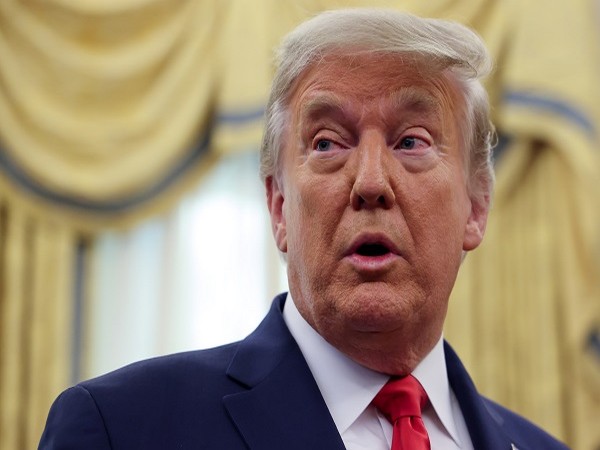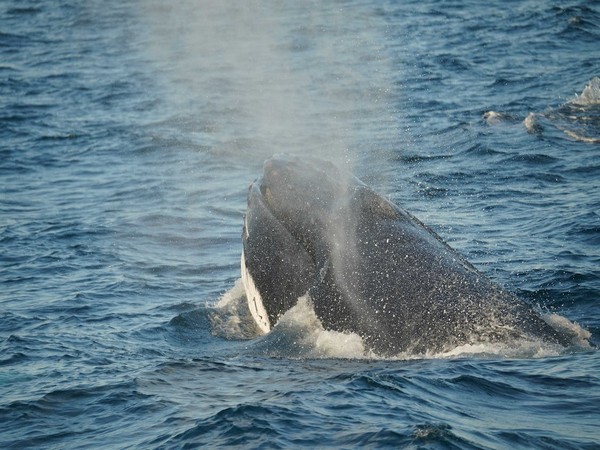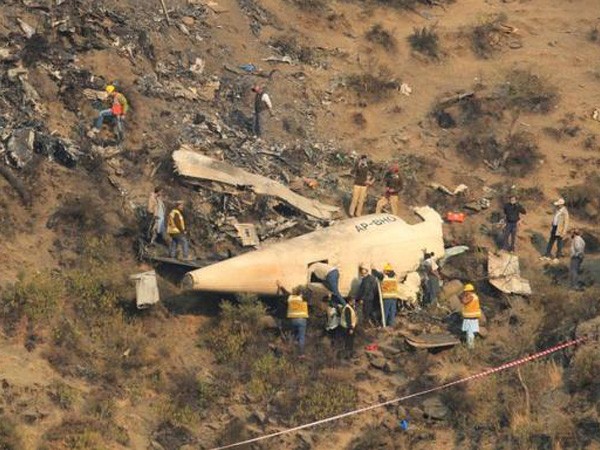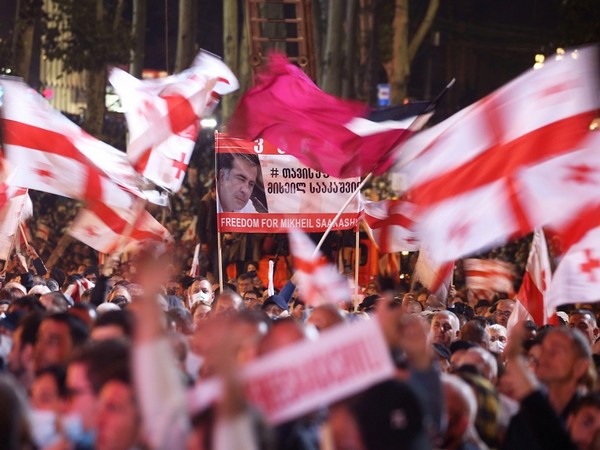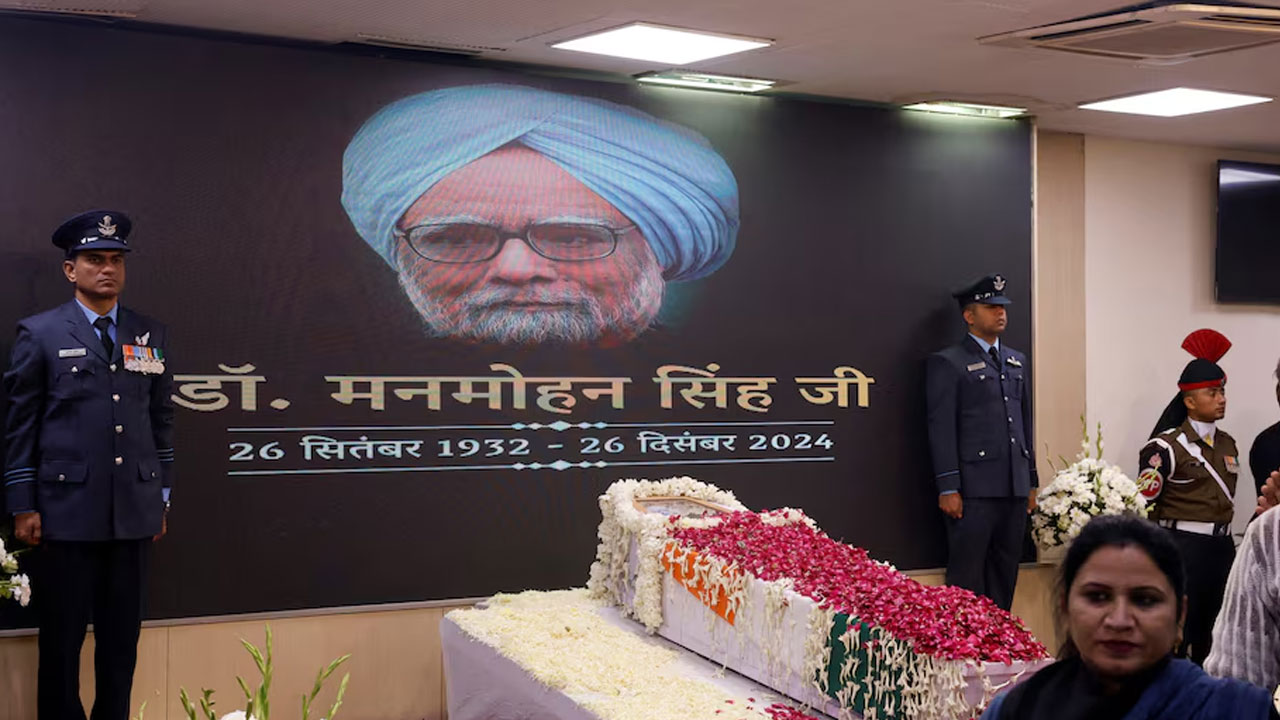Labor pushes three controversial migration bills
Nov 27, 2024
Sydney [Australia], November 27: Paying countries to accept deported non-citizens, banning mobile phones in immigration detention and barring entry of people from certain nations to Australia are all part of the government's legislative push before year's end.
Independents, the Greens, legal experts and human rights advocates have condemned the three bills, with the Asylum Seeker Resource Centre dubbing them "a cruelty package".
The government doesn't have a majority in the Senate and will most likely find support from the coalition to get the legislation across the line.
Proposed amendments to the Migration Act seek to deport non-citizens, including people not convicted of crimes and to pay third countries for their part in the removals regime.
An inquiry revealed more than 80,000 people could be affected but the Department of Home Affairs maintains the legislation impacts about 5000 people on bridging visas and another 1000 in immigration and community detention.
It would grant extensive immunity to government officials and those in third countries involved with the removals as well as reversing protection findings for refugees.
Jason Donnelly, a prominent immigration barrister, said the proposed laws were concerning.
"These measures, in combination, raise substantial risks of undermining procedural fairness, individual rights and government accountability," he told AAP.
Home Affairs Minister Tony Burke introduced another bill that would confiscate mobile phones from detainees and use sniffer dogs in immigration detention centres.
"The broad and discretionary determination of 'prohibited items' by the minister, including items like mobile phones, risks arbitrary and inconsistent application," Dr Donnelly said.
The minister said the powers were needed to end a "prison-like" culture.
The third bill, which Labor first introduced in March before being shot down, gives the home affairs minister unilateral power to ban visa classes for relatives of asylum-seekers from blacklisted countries that don't accept deportees.
People from Iran, Iraq, Russia and South Sudan had been floated as possible targets of the ban but no exhaustive list has been released by the government.
The Greens, who described it as a "Trump-style ban", along with the coalition and crossbench previously blocked the legislation.
Source: Fijian Broadcasting Cooperation
